Shares of the concept of affordability have skyrocketed in the Democratic Party, with many candidates and officials touting it as a central issue in their campaigns. Massachusetts Sen. Elizabeth Warren declared in August that affordability is the central issue and the central reason to be a Democrat, while California Gov. Gavin Newsom has placed affordability at the center of his state housing reforms and his administration's plan to manufacture generic insulin pens.
In a bid to capitalize on the momentum, Minnesota Attorney General Keith Ellison launched his reelection bid this week under the banner of "Afford your life." Ellison's campaign emphasizes the need for affordable healthcare, housing, and education, among other issues. "We need to make sure that everyone can afford the basics, from healthcare to housing to childcare," Ellison said in a statement. "That's why I'm running for reelection, to fight for the values that matter most to Minnesotans."
The emphasis on affordability has been particularly pronounced in New York City, where insurgent progressive candidate Zohran Mamdani won the mayoral race in part by campaigning on affordability issues. Mamdani's campaign focused on reducing the cost of living in the city, including through measures such as rent control and affordable housing initiatives. "We need to make sure that everyone can afford to live in New York City, regardless of their income or background," Mamdani said in a statement after his victory.
The Democratic Party's focus on affordability is not without its challenges, however. Some critics argue that the party's emphasis on affordability is overly broad and lacks specificity, making it difficult to develop effective policies to address the issue. "Affordability is a vague term that can mean different things to different people," said one Democratic strategist, who spoke on condition of anonymity. "We need to be more specific about what we mean by affordability and how we plan to achieve it."
Despite these challenges, the Democratic Party's focus on affordability shows no signs of waning. In fact, the party's emphasis on the issue has helped to galvanize support among voters, particularly among younger and lower-income voters who are most affected by affordability issues. As the party looks to the future, it is likely that affordability will remain a central issue in Democratic politics.
The party's focus on affordability has also led to a number of policy initiatives aimed at addressing the issue. For example, the Biden administration has proposed a number of measures aimed at reducing the cost of healthcare, including a plan to allow Medicare to negotiate prices with pharmaceutical companies. Similarly, the Democratic-controlled House of Representatives has passed a number of bills aimed at addressing affordability issues, including a bill to increase the minimum wage and a bill to provide affordable childcare to low-income families.
As the Democratic Party continues to focus on affordability, it remains to be seen how effective its efforts will be in addressing the issue. However, one thing is clear: affordability has become a central issue in Democratic politics, and it is likely to remain a major focus of the party's efforts in the years to come.
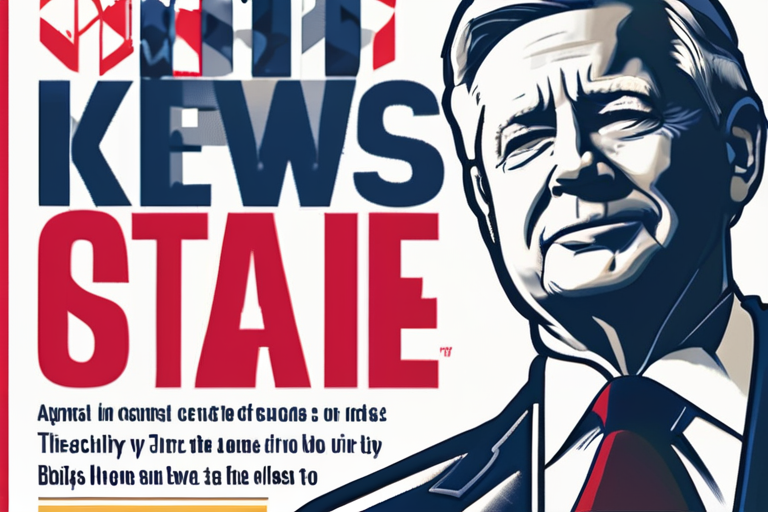







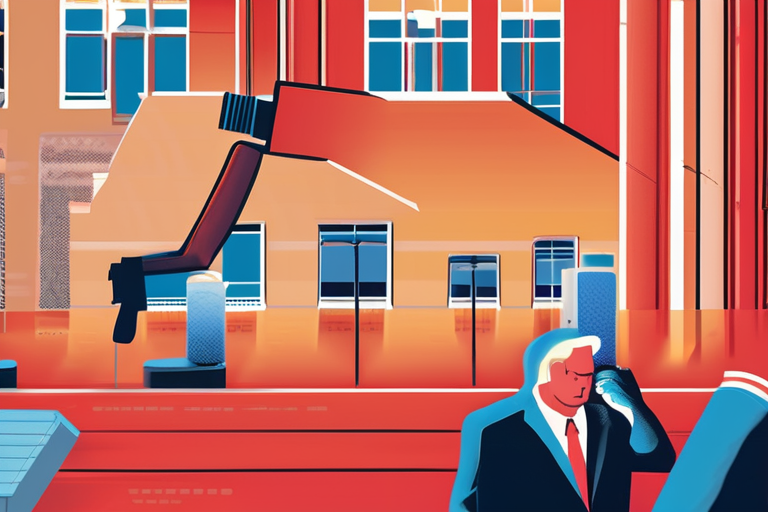
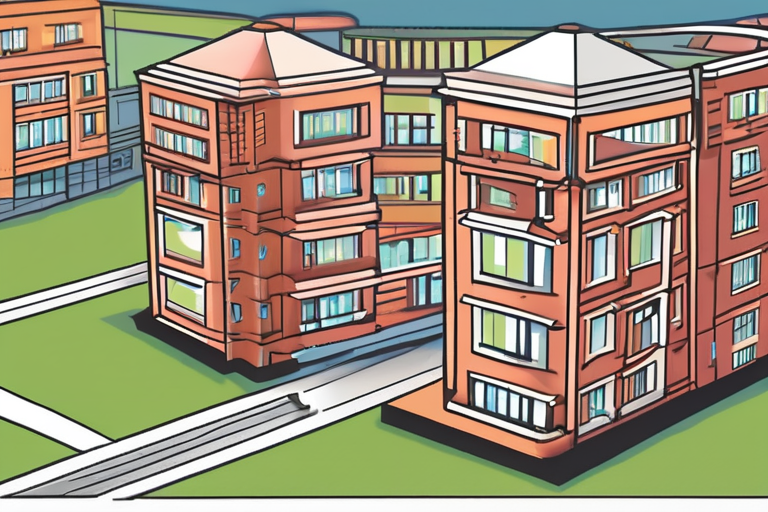

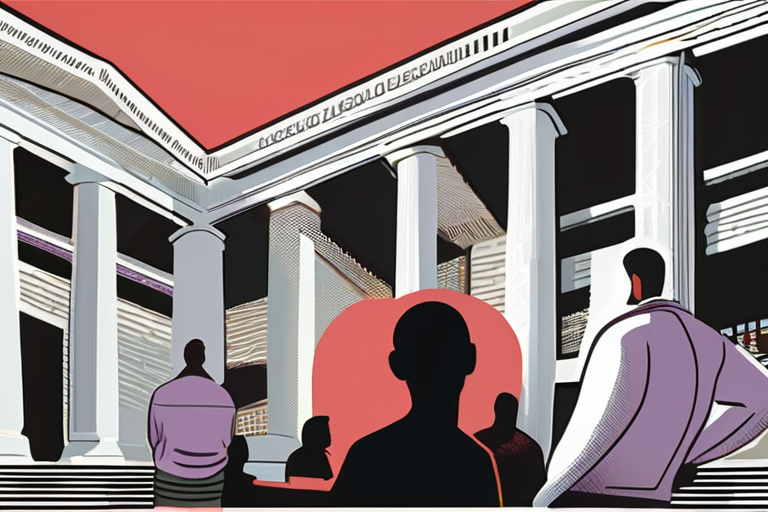

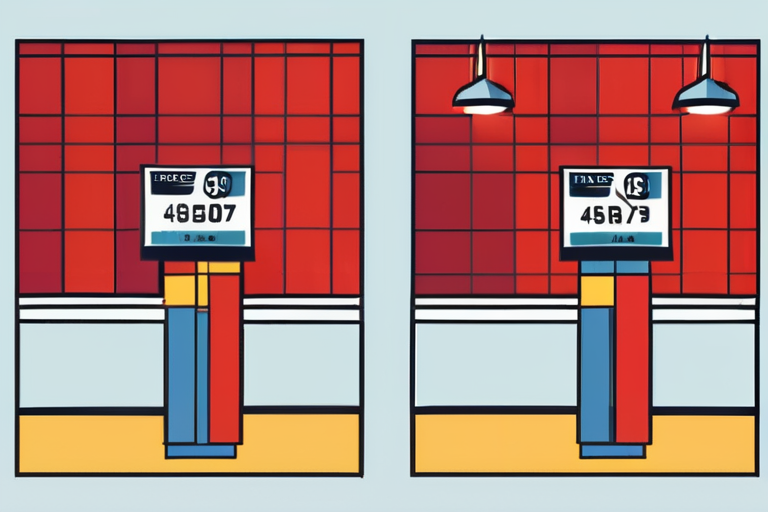

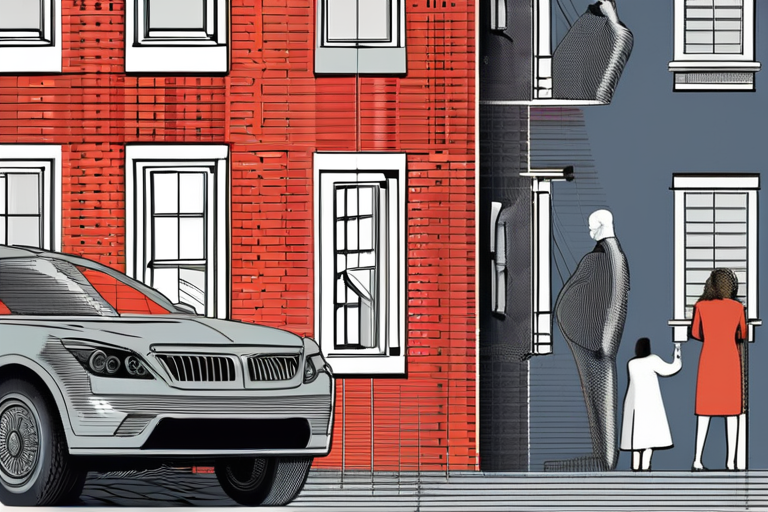









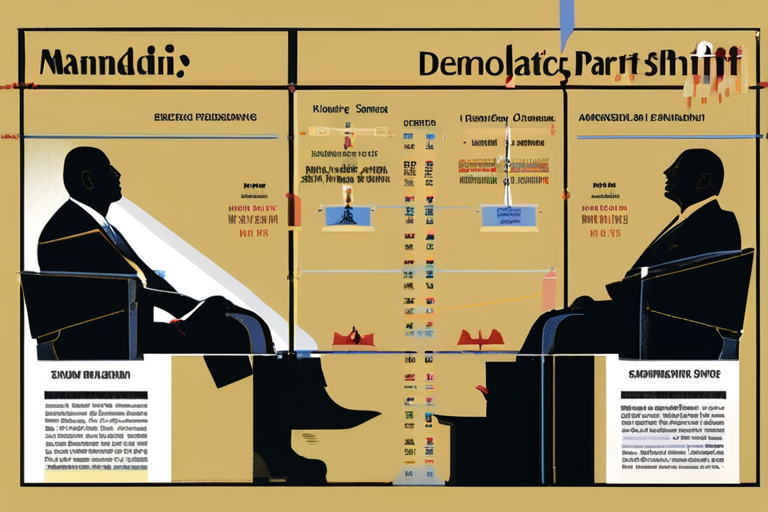

Share & Engage Share
Share this article